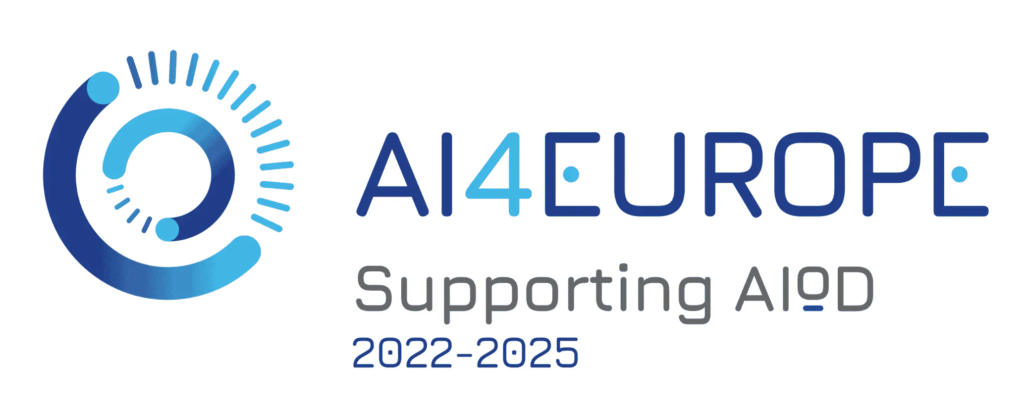1st International Workshop on
Mobile Cognition-Altering Technologies (CAT) using Human-Centered AI
September 30th, Melbourne, Australia
Mobile HCI Workshop, September 30 – October 3, Melbourne, Australia.
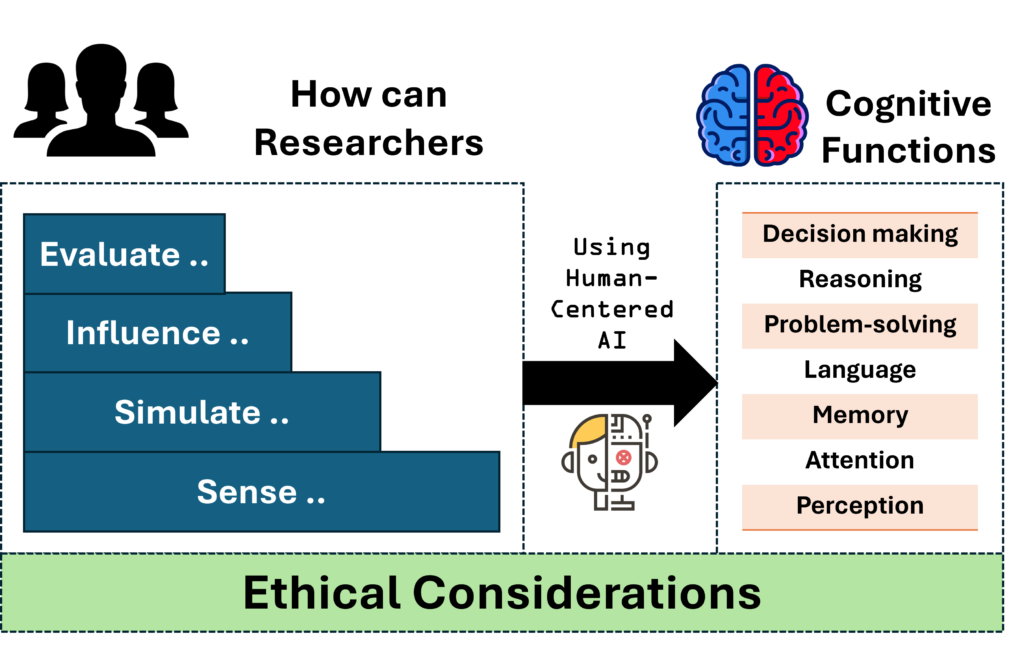
Keynote: AI Smartglasses – old and new

Prof. Thad Starner, Georgia Tech
Thad Starner is a Georgia Tech Professor and a wearable computing pioneer. In 1990, Starner coined the term „augmented reality“ to describe the types of interfaces he envisioned for the future. In 1997, Thad was a founder of the annual ACM International Symposium on Wearable Computers (ISWC), now in its 28th year. From 2010-2018 Dr. Starner was a Technical Lead on Google’s Glass, which was named a „50 Most Influential Gadget of All Time“ by Time Magazine. Professor Starner has been inducted into the CHI Academy in 2017 and AWE’s XR Hall of Fame in 2024. He has over 100 issued United States utility patents on wearables, artificial intelligence and interfaces.
Format and Tentative Schedule
Introduction:
The day starts at 9:00 and ends at 17:00, with two planned coffee breaks (each 15 minutes) and one lunch break (60 minutes). Participants start the day by presenting themselves using a template slide for 30 seconds each. Afterward, we have an intriguing keynote from a community well-known figure follow-ed by paper presentations and discussions.
Group activities:
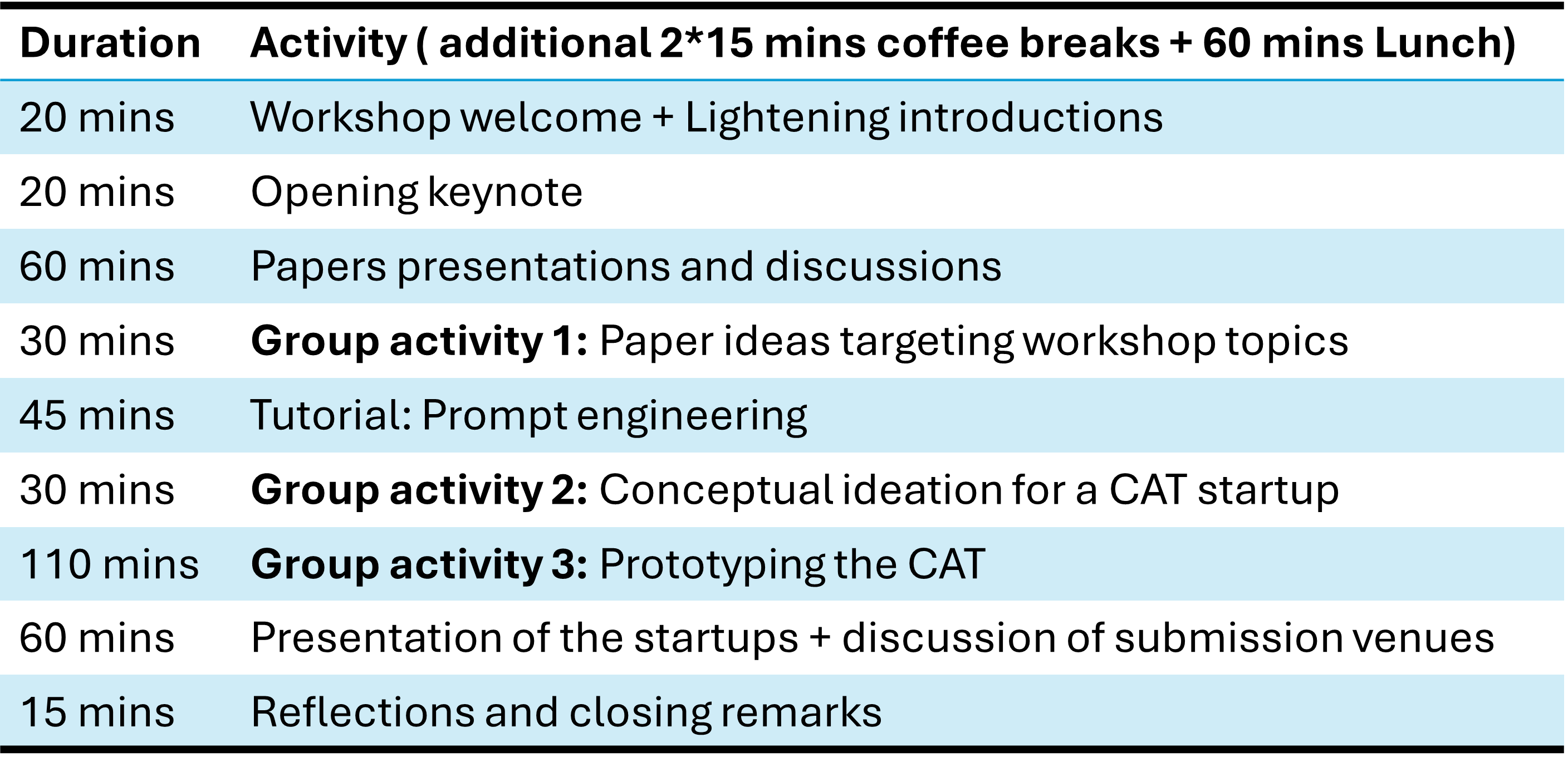
In the next part, participants are divided into groups to think about the research gaps of the domain in a structured way. Each group should come up with two MSc theses ideas, two PhD theses ideas, and one research group idea, and one research institute idea then present it to the rest of the participants. Each group will also identify one existing research fund call relevant to CATs and share it with the audience. Next, we provide a hands-on tutorial about prompt engineering using ChatGPT.
Participants are then divided again into groups and asked to come up with a „startup“ idea for a new CAT (cognitive altering technology). They will use ChatGPT and other prototyping tools to generate a pipeline for building that startup and then pitch it to the workshop attendees. For each startup idea, we will discuss potential scientific venues to create a paper out of it. We expect to have between 3-4 groups. We end the day with a synthesized form of key information and plan future collaborations between participants.
Organizers
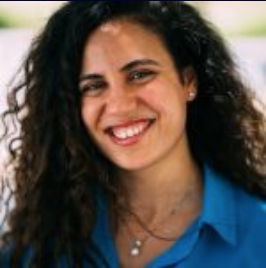
Passant Elagroudy
DFKI and RPTU
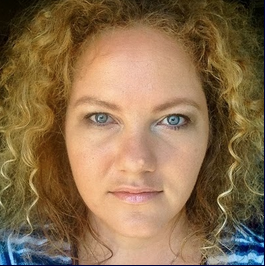
Agnes Grünerbl
DFKI and RPTU
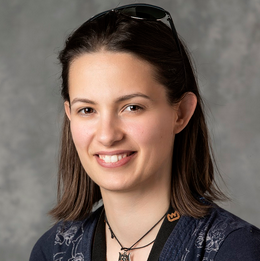
Giulia Barbareschi
Keio University

Jan Spilski
RPTU
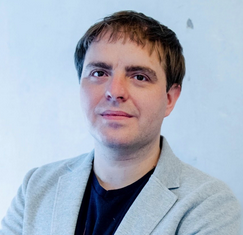
Kai Kunze
Keio University

Thomas Lachmann
RPTU

Paul Lukowicz
DFKI and RPTU
Contact:
agnes(dot)gruenerbl(at)dfki(dot)de
passant(dot)elagroudy(at)dfki(dot)de
p
Call for Participation
In the mobiCHAI workshop, we aim to have an interdisciplinary group of researchers including but not limited to education and didactic, health- and mental care, fitness and well-being, economy, sociology, and others. However, we expect the majority of submissions to come from computer science from system designers.
The Figure above summarizes the core topics of the workshop. We focus on the cognitive functions discussed in the introduction composed of perception, atten-tion, memory, language, problem-solving, reasoning, and decision-making. For each function, participants could submit about their human-centered AI explorations in top-ics such as (but not limited to):
* CAT promoting healthy living
This topic particularily focuses on promoting healthy livestyles using CAT
* Evaluating CAT/cognition This topic targets the metrics for evaluating the impact of CAT on cognition. We welcome explorations discus-sing short-term and long-term effects. Additionally, we welcome explorations reflecting on the impact on the individual vs. the society at large. Reflective contributions on new metrics and methods of evaluation for cognition or one of its functions are encouraged. Proposing methods to measure existing metrics such as reducing the user’s effort by altering the cognitive load, physiological responses, and/or subjective perception of effort, and enhancing erformance are also encour-aged. We would also like to see submissions about the adverse effects of using CAT on the individual and society at large.
* Modeling and simulating cognition
This topic focuses on methods such as machine learning algorithms and generative AI to model cognitive processes. It also targets questions like the simulation of users in tasks and design processes. The main target is to help CAT builders better design their systems but having accurate approximations of human behavior.
* Sensing cognition
This topic focuses on how sensor systems could be optimized for track-ing cognitive states and/or social beha-vior. How can technologies and study designs be improved to reduce the burden of sensing and determining a cognitive condition? What methods can help understand the context?
* Influencing cognition using CAT
This topic focuses on creating a new CAT to alter human cognition. Participants are invited to submit proposals for new application areas and explorations that affect cognitive functions or give users new ones (if possible). Application areas for CAT include but are not limited to business, education, health care, and fit
* Ethical considerations about CAT
Topics include: does using CAT sup-port/circumvent natural diversity in abilities? What are the privacy considerations while designing CAT? How to navigate ownership of produced content when AI helps the user? Which bias can be mitigated/accentuated through CAT? Is it ethical for organizations to use CAT without the individual consent of the members?
Submissions to this workshop will take the form of full and short papers:
- Full papers (up to 6 pages) should report reasonably mature work within the scope of mobiCHAI and are expected to demonstrate concrete and reproducible results. Accepted full papers will be presented and discussed in 10-minute slots.
- Short papers (up to 2 pages) are encouraged to re-port novel and creative ideas that are yet to produce concrete research results but are at a stage where community feedback would be useful. Short papers could also include provocations for envisioned systems/benefits/ or risks of CAT. Accepted short papers will be presented at the Workshop in 3-minute slots.
- Abstracts (up to 1 pages) are encouraged to present novel and creative ideas that have not been deployed yet and would greatly benefit from discussions to form concrete plans. Accepted short papers will be presented at the Workshop as One-slide pitches.
Submission
Deadline for submissions: August 5, 2024 (extended)
Notifications of acceptance: August 15, 2024 (extended)
Submission is open in EasyChair
Submissions should follow the ACM Master Article Templates documentclass[sigconf]{acmart}.
After submission, the papers will be divided for review between the workshop organizers and the invited reviewers (at least 2 reviews per paper). Reviewing will be based on quality and relevance to the workshop topics. After discussion of all submissions, accepted papers will be invited to the workshop. All papers will be digitally available through the workshop website. At least one author of an accepted submission must attend the workshop.
MobiChai is sponsored by:

